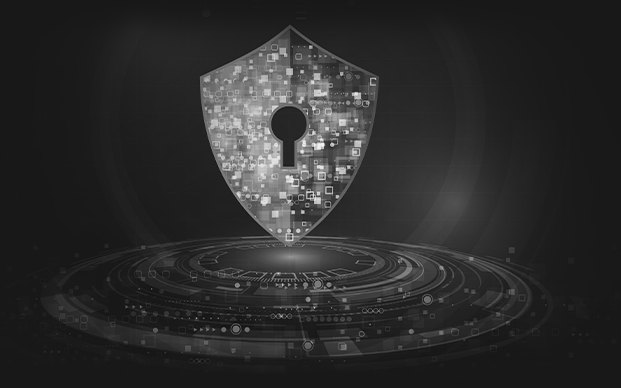Internet threats have changed significantly over the past several years. Every day, unscrupulous individuals are busy developing new sophisticated scams targeting the unsuspecting public. We want to share some important security tips to help protect you.
Contact Us